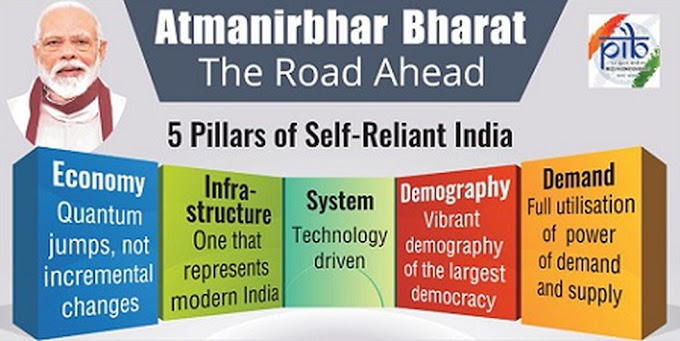
ESG stands for Environmental, Social, and Governance. It is a set of criteria that measure the sustainability and ethical impact of an organization or an investment. ESG factors can include issues such as climate change, human rights, diversity, corruption, and more
ESG (Environmental, Social, and Governance) careers are centered around measuring and reporting on data related to environmental impact, social responsibility, and corporate governance. These careers play a crucial role in promoting sustainability and responsible business practices. Here are some ESG career paths to consider:
Environmental Protection Specialist: If you're passionate about safeguarding the planet, this role involves identifying, preventing, and repairing damage caused by human pollution. Environmental protection specialists collect samples, create detailed reports, and work to restore affected areas. The average salary for this role is around INR 5,0000 - 100,000 per month.
Urban Planner: ESG-based urban planners shape climate change by working with organizations, companies, and governments. They focus on sustainable urban development, land use, and infrastructure planning. With an average salary of approximately INR 50,000-75000 per month, this career path combines environmental impact with financial stability.
Sustainability Analyst: These professionals assess companies' ESG performance, analyze data, and recommend strategies for improvement. They play a vital role in integrating sustainability into business operations.
ESG Investment Analyst: If you're interested in finance, this role involves evaluating companies' ESG practices and their impact on investment decisions. ESG investment analysts work for asset management firms, pension funds, and other financial institutions.
Corporate Social Responsibility (CSR) Manager: CSR managers develop and implement sustainability initiatives within organizations. They focus on social and environmental impact, stakeholder engagement, and ethical business practices.
Climate Change Economist: As part of the economics of climate change, these professionals analyze the economic implications of climate-related policies, adaptation strategies, and mitigation efforts.
Sustainable Supply Chain Manager: Supply chain managers ensure that products are sourced, produced, and distributed sustainably. They collaborate with suppliers, monitor environmental impact, and promote responsible sourcing
A career in ESG can be gratifying and diverse, as some many sectors and roles involve ESG aspects. Some examples of ESG jobs are:
- ESG Analyst: An ESG analyst evaluates the ESG performance and risks of companies, industries, or portfolios. They use various sources of data, such as reports, ratings, surveys, and interviews, to assess how well an organization is managing its environmental, social, and governance issues. They also provide recommendations and insights to investors, managers, or other stakeholders
- Sustainability Consultant: A sustainability consultant helps organizations improve their sustainability practices and strategies. They analyze the current situation, identify opportunities and challenges, and propose solutions that align with the organization's goals and values. They also monitor and report on the progress and impact of the sustainability initiatives
- ESG Manager: An ESG manager oversees and coordinates the ESG activities and policies of an organization. They ensure that the organization complies with relevant standards and regulations, communicates effectively with internal and external stakeholders, and integrates ESG principles into the core business operations and culture. They also manage the ESG team and budget
To start or advance your career in ESG, you may need to have some qualifications and skills, such as:
- A degree or certification in a relevant field, such as environmental science, social science, business, or finance5
- A strong knowledge and interest in ESG issues and trends, as well as the ability to research and analyze data and information
- A good communication and pre
- presentation skills, as well as the ability to work with different people and stakeholders
- A creative and problem-solving mindset, as well as the ability to adapt and innovate in a changing environment
You may also want to explore different ESG job opportunities and apply to the ones that match your profile and goals. You can use online platforms, such as Careers in ESG or LinkedIn, to find and apply for ESG jobs. You can also network with other ESG professionals and join relevant communities and events, such as [ESG Network] or [ESG Global], to learn and share your experiences and insights6
I hope this helps you understand what ESG is and how to pursue a career in it. If you have any more questions, feel free to ask me. 😊
Writer,
Dhruv Dev Dubey,







0 Comments